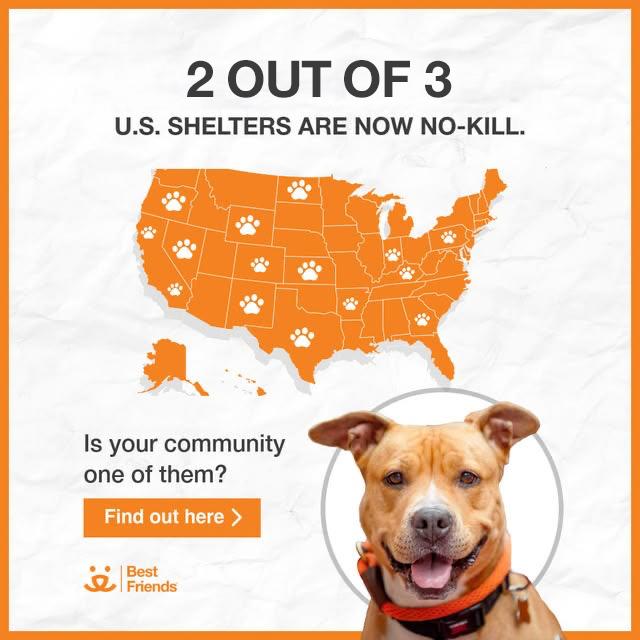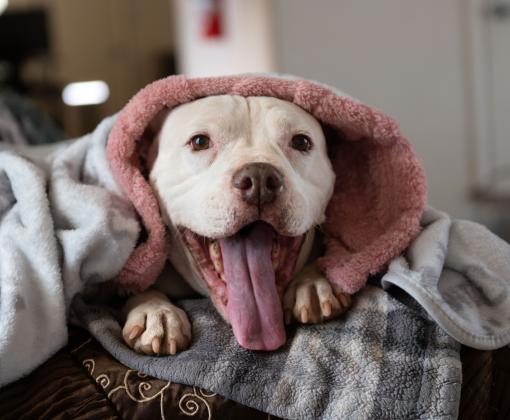
Eco-Friendly Pet Products: Toys, Food, and More
Going green isn't just for people. Many pet lovers are looking for eco-friendly pet products for their dog, cat, or other animal. If you are concerned about your pet's carbon paw print, consider the following ways that your best friend can go green.
Organic and natural pet foods
Just as organic and natural foods have been gaining popularity among people, feeding pets an organic and/or more natural diet has become a popular choice among pet caregivers. But before you decide to switch your pet from a conventional to an organic or natural diet, it is important to understand what these terms mean.
Natural pet foods are minimally processed. They tend to retain most of their nutrients and have few added fillers. Natural pet foods are unregulated, though, and do not have to adhere to strict standards.
Conversely, organic pet foods have to meet standards set by the U.S. Department of Agriculture and cannot include artificial or genetically engineered ingredients, preservatives, ingredients treated with pesticides, or ingredients from animals treated with hormones or antibiotics.
Despite the natural and organic designations, buying more wholesome food for your pet can still be a confusing process. Here are some additional tips for assessing the quality of a particular pet food:

See how your community is doing
- Read the label. Avoid pet foods that contain byproducts, chemicals, and preservatives if possible.
- Look for pet foods that list premium ingredients first (e.g., chicken, salmon, or beef).
- Look for certification from the Association of Animal Feed Control Officials (AAFCO) or for a reference to “human-grade ingredients.”
A number of small businesses cater to the organic pet foods market, and many have websites where you can order their products. You might also want to consider cooking food for your pet yourself. There are a number of websites and blogs devoted to information about and recipes for homemade pet food.
However, before you decide to change your pet’s diet, consult with a veterinarian to ensure that your pet will be getting the complete nutrition he or she needs.
DIY pet toys made from recycled materials
Playing with pets not only is good for their health, but it also can be good for the planet. Many manufacturers incorporate recycled and sustainable materials, such as recycled plastics, rubber, and cotton, into pet toys.
You can also get creative and make your own recycled toys. Here are a few examples of economical and sustainable pet toys:
- Rope toy made out of braided strips of old fabric
- Treat puzzle made from PVC pipe
- Water bottle put inside an old sock
- Toy tied to the end of a stick (a DIY version of the flirt pole)
- Empty boxes for animals to play inside, jump in and out of, or hop over
Eco-friendly pet grooming and cleaning products
Using nontoxic and eco-friendly pet grooming and cleaning products is another way to be green and improve your pet’s health.
Many conventional products contain toxic and potentially harmful chemicals (e.g., parabens, phthalates, and petroleum) that can have unwanted side effects and might cause diseases, including cancer. So when shopping for your pet, consider purchasing products that contain natural ingredients or are certified organic.
Eco-friendly cat litter and dog waste bags
Cleaning up after your pet has gotten greener in recent years with the introduction of natural and biodegradable materials for cat litter and dog waste bags. Eco-friendly cat litters do not contain clay or sodium bentonite, which are harmful ingredients that can potentially sicken or poison your furry friend. Instead, these green products are made from recycled wood, wheat, corn, or newspaper, and some can even be flushed down the toilet.
Dogs have sustainable waste-disposal options as well. There are many companies that make eco-friendly dog poop bags from materials like recycled paper, plants, and other products that are biodegradable and compostable. Using these bags helps reduce the amount of plastic in landfills.
Making sustainable choices for your pet
Making eco-friendly choices for yourself and your pet is possible. With a little research and an open mind, you will find that going green is doable. Think outside the box, and make changes you know you can incorporate into your life. Here's to a greener life for you and your pet!
